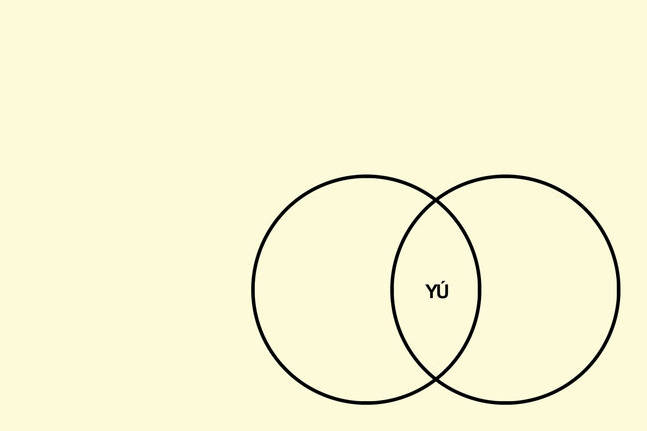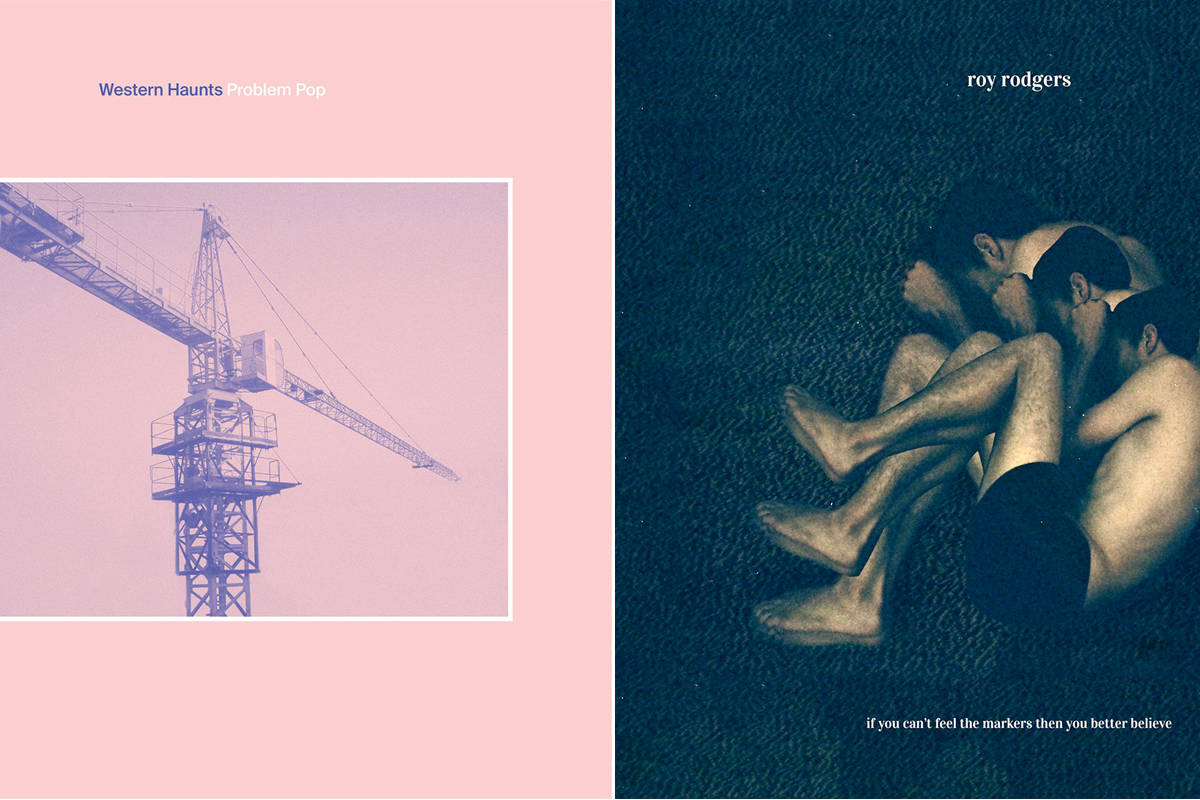Identity is a curious thing. It’s something to hold on to, giving you a sense of who you are and where you come from. But what if you don’t have a singular identity? Multiple forces of history, the uncertainty of the present, and questions of the future can tear you apart. That’s the feeling that Seattle noise-punk group Dreamdecay’s latest record, YÚ, steeps itself in.
Its title an amalgam of the English word “you” and the Spanish word “tú,” the record lives in two worlds. In a statement released alongside YÚ, the band says it “symbolizes the experience of being stuck between two cultures, struggling to find a sense of legitimacy,” adding, “It navigates this space and the tension of being pulled in opposite directions.” YÚ is the soundtrack to being pulled apart—limb by limb, fingernail by fingernail, and song by song.
The concept extends far beyond pointed lyricism. Dreamdecay has always embraced the chaotic push-and-pull dynamic in their music, originating with 2013’s N V N V N V. On YÚ, however, that tension is especially palpable. Almost immediately on the opening title track, the dissonance among the musicians tears in every direction. The guitar’s bending notes hellishly twirl into a drone before the kick drum barrels in like gravel tumbling into a pit. The vocals ring out like a distant holler, calling for help, but just out of earshot from the rest of the fray.
On “Mirror,” every moving piece takes a different route yet ends up at the same destination. Vocals mumble and meander, struggling to keep afloat against the clamor of squalling guitars, shakily murmuring synthesizers, and crashing cymbals. When they all finally meet at the end of the track, it becomes a seething beast. Even tracks like “Witness/Allow,” which lean heavier on psych-synthesizer warbling, carry the contrast narrative. That something so alien and hypnotic can be heard alongside a tinnitus-inducing track like “F.R.A.N.K.” is jarring. Yet they coexist perfectly. They’re not competing ideas, just different ways of expressing the same tortured feelings.
It’s hard to make out much of what vocalist/drummer Justin Gallego is saying on YÚ. He’s often obscured by the band’s feverish noise, making you lean in and try to listen harder. And maybe that’s the point. The sounds of being pulled apart eventually coalesce into something new, where it’s harder to find a beginning or end. In struggling for identity between “tú” and “you”, YÚ creates something bigger and beastlier than the sum of its parts. Out now on Iron Lung Records.








